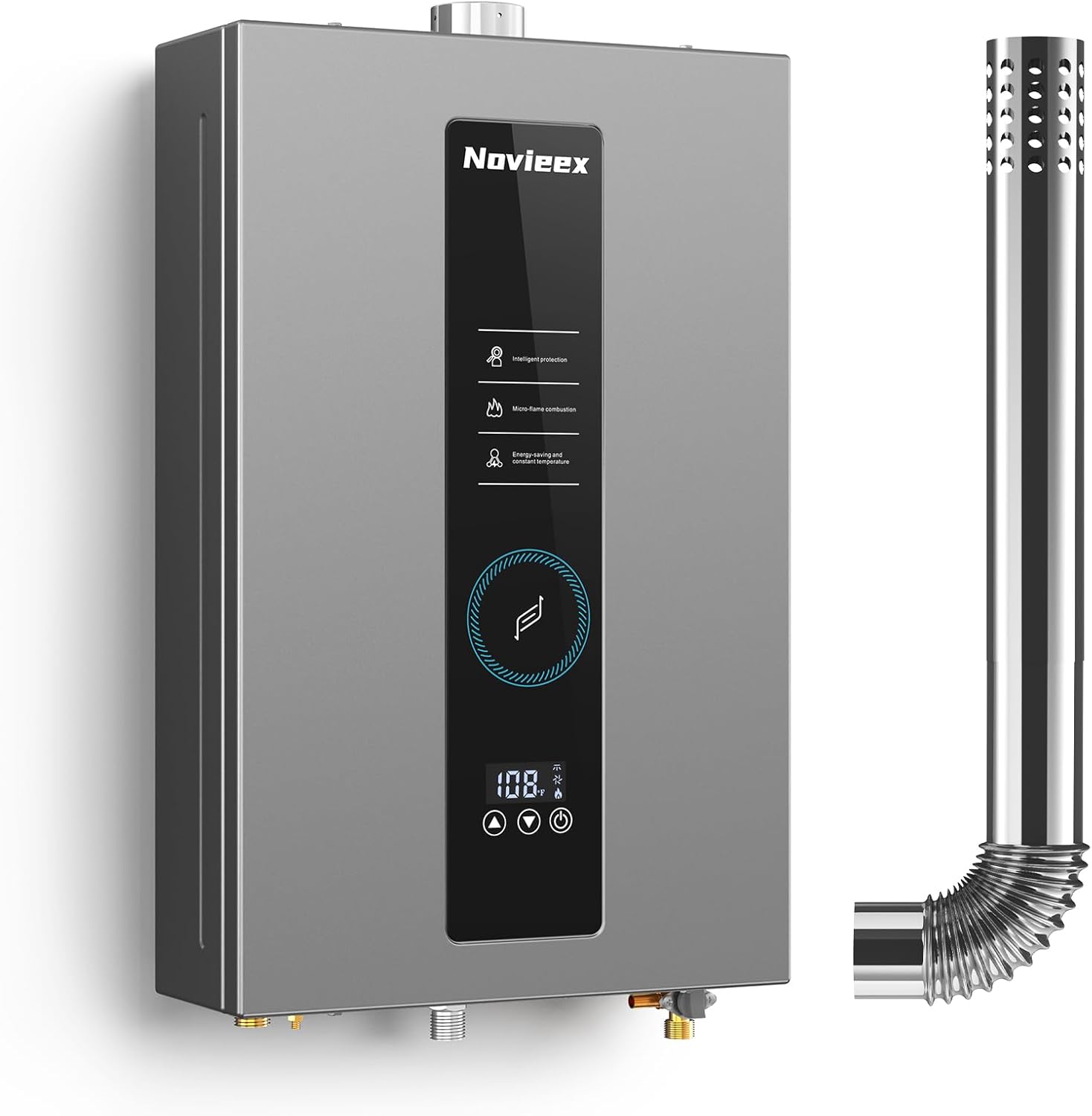Yes, the water heater can affect the overall heat in the house, as it generates heat during operation, which may contribute to warming the surrounding area, especially if it’s located in a confined space or near living areas.
Many homeowners wonder if their water heater plays a role in heating their house. The short answer is: typically no, but there are exceptions. Most standard water heaters only provide hot water to faucets and appliances, not heat to your living spaces. However, certain specialized systems do combine water heating and home heating functions.

How Most Water Heaters Work
Traditional tank-style and tankless water heaters operate independently from your home’s heating system. They:
- Heat water for showers, sinks, and appliances
- Use gas, electricity, or propane as fuel source
- Don’t connect to your HVAC ductwork
- Have no impact on room temperature
These systems focus solely on domestic hot water needs. Your furnace, heat pump, or boiler handles space heating separately.

When Water Heaters Do Affect Home Heating
Hydronic Heating Systems
Some homes use hot water baseboard heaters or radiant floor heating. These hydronic systems circulate hot water through pipes to warm your home. In these cases:
| System Type | How It Works |
|---|---|
| Combi Boiler | Single unit provides both space heating and domestic hot water |
| Indirect Water Heater | Uses boiler’s heat to warm domestic water through a heat exchanger |
According to U.S. Department of Energy, these integrated systems can be more energy efficient in colder climates.
Heat Pump Water Heaters
Hybrid heat pump water heaters extract heat from surrounding air. In winter, this can slightly cool the space where the unit is installed. The effect is minimal but noticeable in small areas like utility rooms.
Key Differences Between Water Heaters and Heating Systems
- Purpose: Water heaters provide domestic hot water; furnaces/boilers heat air/water for spaces
- Distribution: Water heaters send water through pipes; heating systems use ducts or pipes
- Operation: Water heaters maintain set temperature; heating systems cycle on/off based on thermostat
Improving Your Home’s Heating Efficiency
Whether you have separate or combined systems, consider these upgrades:
- Insulate hot water pipes to reduce heat loss
- Lower water heater temperature to 120°F (49°C)
- Install a water heater blanket if your tank feels warm to the touch
- Consider a tankless system if you have low hot water demand
As noted by ACEEE, proper maintenance can improve water heater efficiency by 15-20%.
When to Call a Professional
Consult a heating specialist if you experience:
- Inconsistent hot water temperatures
- Unusual noises from your water heater
- Higher than normal energy bills
- Water leaks around heating equipment
For homes with hydronic systems, any heating issues may require checking both water heating and space heating components.

